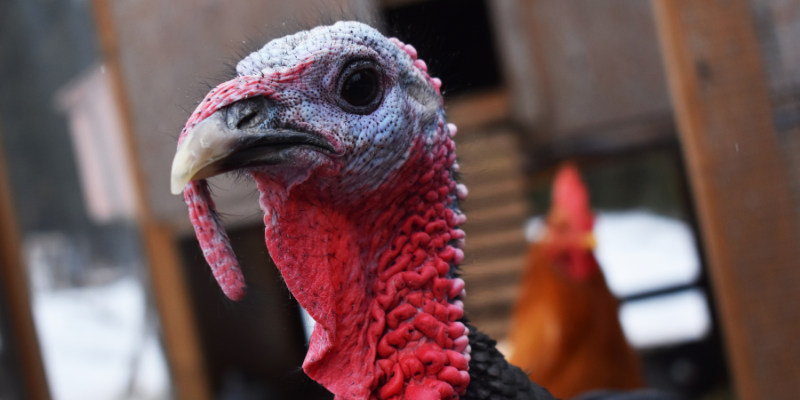An Employment Tribunal has found that ethical veganism encompassing an obligation to break the law to relieve animal suffering did not amount to a philosophical belief under section 10 of the Equality Act 2010.
The Claimant, Shakira Free Miles, was a veterinary nurse for the Respondent, the Royal Veterinary College (RVC). Ms Free Miles was arrested in connection with alleged burglaries by the Animal Liberation Front, and the police found a sick turkey at her flat which she claimed to have rescued. After she was arrested, RVC summarily dismissed her because of her connection to an animal rights group that endorsed law breaking and because it believed she had participated in illegal action, trespass in theft.
Ms Free Miles brought a claim against RVC for direct and indirect discrimination on the basis of her philosophical belief. She relied on her belief in ethical veganism, which she stated included a moral obligation to take positive action to reduce animal suffering, including trespass on property and removal of animals.
The test for determining whether a philosophical belief should be protected under the Equality Act comes from the case of Grainger Plc v Nicholson, in which the Employment Appeal Tribunal set out a five-part test:
- The belief must be genuinely held.
- It must be a belief and not an opinion or viewpoint based on the present state of information available.
- It must be a belief as to a weighty and substantial aspect of human life and behaviour.
- It must attain a certain level of cogency, seriousness, cohesion and importance.
- It must be worthy of respect in a democratic society, be not incompatible with human dignity and not conflict with the fundamental rights of others.
The Tribunal found that Ms Free Miles’ belief in ethical veganism failed on the last limb of the test: it was not worthy of respect in a democratic society. It suggested that, had her belief been limited to the belief that humans should not eat, wear, use for sport, experiment on or profit from animals, this would be protected. It may have also reached the same conclusion if her belief that she had a moral obligation to take positive action to reduce or prevent animal suffering been limited to lawful action.
However, Ms Free Miles believed that she had an obligation to trespass on private property and undertake illegal actions. The Tribunal considered that beliefs involving interference with the property rights of others, or criminal activities, could not be worthy of respect in a democratic society. Laws are made by democratically elected representatives and had to be obeyed by all citizens; it is not open to individuals to decide which laws to obey and disobey. Therefore, Ms Free Miles’ discrimination claims failed.
This blog was written by Kendal Youngblood, Solicitor at didlaw.
